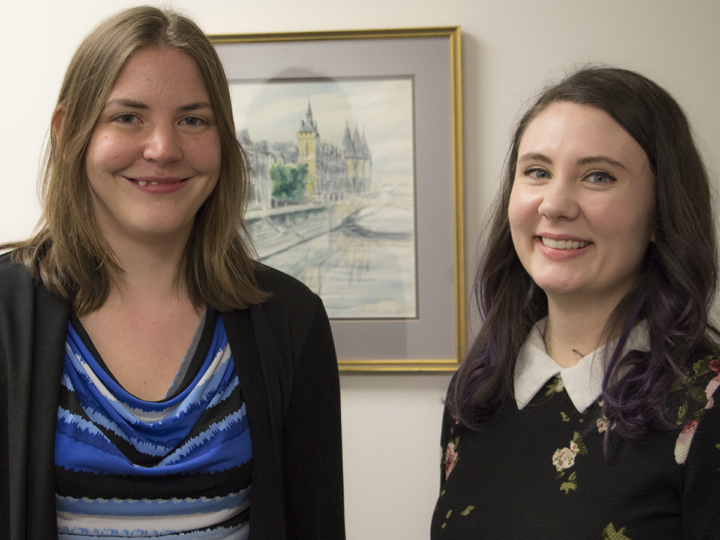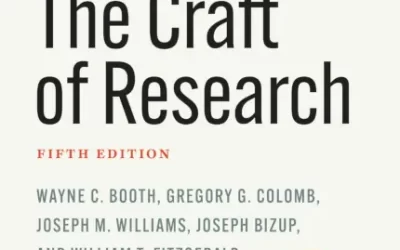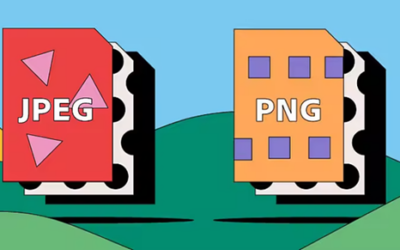
Each month, we will interview one employee to get their opinions on the publishing industry, hear what it’s like to work at Technica, and learn a little bit about them. This month we are interviewing Danielle Pattee. She worked in journals production for three years before joining the editorial staff at Technica, and brings with her a unique perspective of the publishing process.
How did you get started in the publishing industry/what drew you to working in the publishing industry?
I’ve wanted to be a book editor since I was 15 years old, and at the time it just started as a desire to read books before they were published—I thought that would be the coolest thing ever. As I got older, and with the rise of the e-reader, everyone was talking about how that was going to be the death of print publications. I railed against that—I wanted to do whatever I could to prevent that, and I had a knack for grammar and slid into editing pretty easily.
What is your favorite thing about working at Technica?
The diversity of the projects that we get. When I first started in publishing I was told that once you’re working on the journals side of things you’re not going to get a whole lot of opportunities to work in books publishing. Technica allows opportunities to work on journals, magazines, and books, so it’s a plethora of projects you can be put on, and I love that.
What have you learned about publishing since you started working in the industry?
Nothing is what it appears to be on the outside. Every part of the publishing industry has a lot of moving parts. There are different contacts in editorial, different contacts in production, different contacts in printing. And it all somehow works together; every piece works together to get publications out, which is amazing to me. And I want to learn about every piece of the publishing puzzle.
How has working previously in production helped you at Technica, working more on the editorial side of things?
Production is the last step before something is published, so production is the last eye to see a manuscript. Working in editorial, it’s more of a first pass. But the eye for details I acquired working in production has helped me when I’m doing the first passes in editorial.
What do you think is the “hot topic” in publishing right now and how do you think it will shake out?
If I had to pick a word of the year as far as publishing goes, it would be transparency. I’ve heard a lot about how people want transparency of peer review as well as reproducibility of results. I think as publishers we really have to listen to what people want, and I think we will see a shift, although I’m not sure how we will get there, toward being more transparent in those areas.
What do you like doing when you aren’t at work?
My top three passions are books, hockey, and music. So if I’m not at work, I’m probably doing something related to one of those three things.
What’s your favorite book?
My favorite book of all time is Faith of the Fallen by Terry Goodkind. It’s the sixth book in an epic fantasy series that changed my life.
If you could give one editing tip to people, what would it be?
The best way that I learned to edit is to read every letter—don’t read words, read letters. If you do that, that’s how you catch the typos that can otherwise get through.
What tips would you give people who are trying to start a career in the publishing industry?
You have to let people know that you want to edit. I knew I wanted to be an editor but I had no idea how to become one. I got to college and told my professors, “Hey, I want to be an editor,” and they just looked at me blankly. I didn’t get any solid answers. So I just told everyone that I wanted to be an editor. I volunteered to edit my friends’ papers or short stories. Eventually, through networking, someone told me about an opening and I was able to get the job. So tell people what you want, otherwise you won’t get anything.




